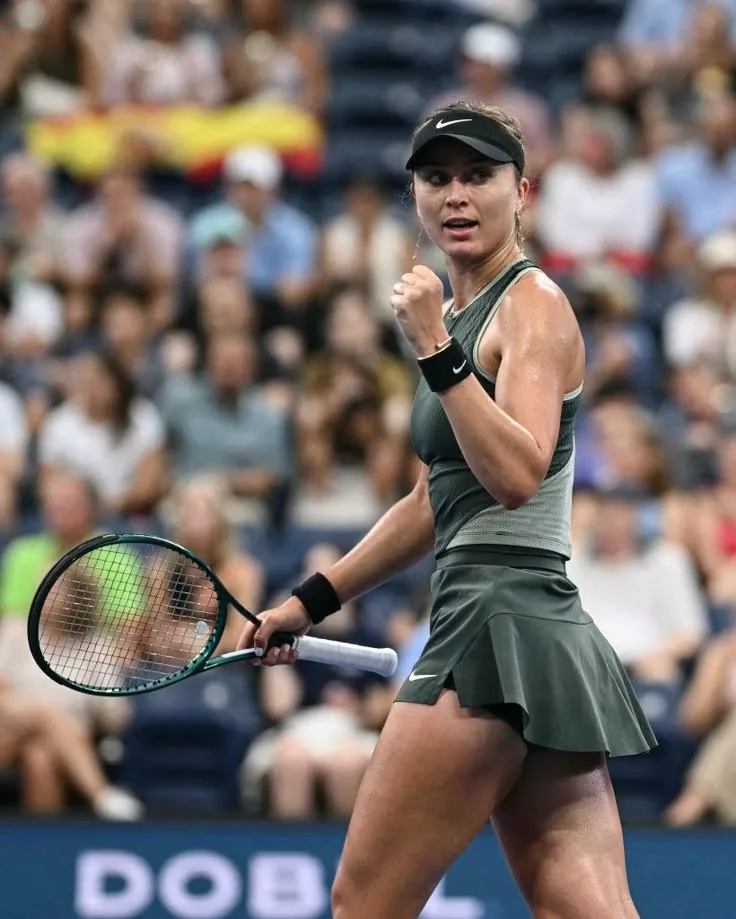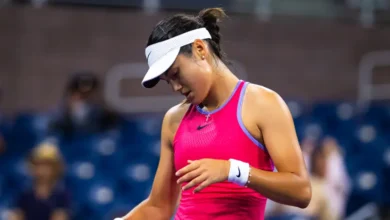BJKC 2025: Badosa, the Great Absentee in Carla Suárez’s First List

The Billie Jean King Cup (BJKC) 2025 marks a significant chapter in Spanish tennis, characterized by leadership transitions and notable player absences. Carla Suárez, a distinguished former professional tennis player, has assumed the role of captain for the Spanish team, succeeding Anabel Medina. This leadership change introduces a blend of experience and fresh perspectives to the team. However, the team’s composition faces challenges, notably the absence of Paula Badosa, Spain’s top-ranked player, due to a back injury. This development has significant implications for Spain’s performance in the upcoming tournament.
Carla Suárez’s Transition to Captaincy
Carla Suárez’s appointment as the captain of the Spanish BJKC team represents a full-circle moment in her tennis career. Having reached a career-high ranking of world No. 6 in 2016 and retiring in 2021, Suárez brings a wealth of experience to her new role. Her journey has been marked by resilience, including overcoming cancer and embracing motherhood, which adds depth to her leadership approach. Suárez’s extensive experience in the BJKC, with 17 series participations, equips her with valuable insights into team dynamics and competition strategies. Her leadership style emphasizes cohesion, trust, and minimizing pressure on players to allow them to perform at their best.
Paula Badosa’s Absence and Its Impact
Paula Badosa’s absence from the team is a significant setback for Spain. Badosa, who has been ranked as high as world No. 2 and recently reached the semifinals of the Australian Open 2025, has been dealing with recurring back issues. These health concerns have led to her withdrawal from the BJKC, leaving a void in the team’s lineup. Badosa’s aggressive baseline play and powerful serve have been pivotal in Spain’s recent successes, and her absence necessitates strategic adjustments by the team.
Composition of the Spanish Team
In light of Badosa’s unavailability, Carla Suárez has selected a team that balances emerging talent with seasoned players. The squad includes Jessica Bouzas, Sara Sorribes, Cristina Bucsa, Nuria Párrizas, and Yvonne Cavallé. Bouzas, stepping in as the team’s number one, brings youthful energy and potential. Sorribes and Bucsa, who secured a bronze medal in doubles at the Olympics, offer valuable experience and a proven track record in high-pressure matches. This blend aims to maintain Spain’s competitive edge in the tournament.
Challenges Ahead: Opponents and Tournament Structure
Spain faces formidable challenges in the group stage, drawn against the Czech Republic and Brazil. The Czech team, with several players ranked in the top 50, presents a significant hurdle. The tournament’s format, a round-robin system where only the top team advances to the finals, adds to the competitive intensity. Matches will be held in Ostrava, Czech Republic, from April 10 to 12, 2025, with the finals scheduled in Shenzhen, China.
Carla Suárez’s Vision and Approach
Suárez’s leadership philosophy centers on fostering a supportive environment that prioritizes team cohesion and individual well-being. She acknowledges the physical demands of modern tennis and advocates for a balance between competitiveness and personal health. Suárez’s approach reflects her own experiences as a player, emphasizing the importance of communication and mutual support within the team.
Conclusion
The 2025 Billie Jean King Cup presents both challenges and opportunities for the Spanish women’s tennis team. Under Carla Suárez’s new leadership and facing the absence of a key player like Paula Badosa, the team must rely on its depth and resilience. The upcoming matches will test the squad’s adaptability and cohesion, qualities that Suárez aims to cultivate as she guides Spain through this transitional period in international tennis competition.




